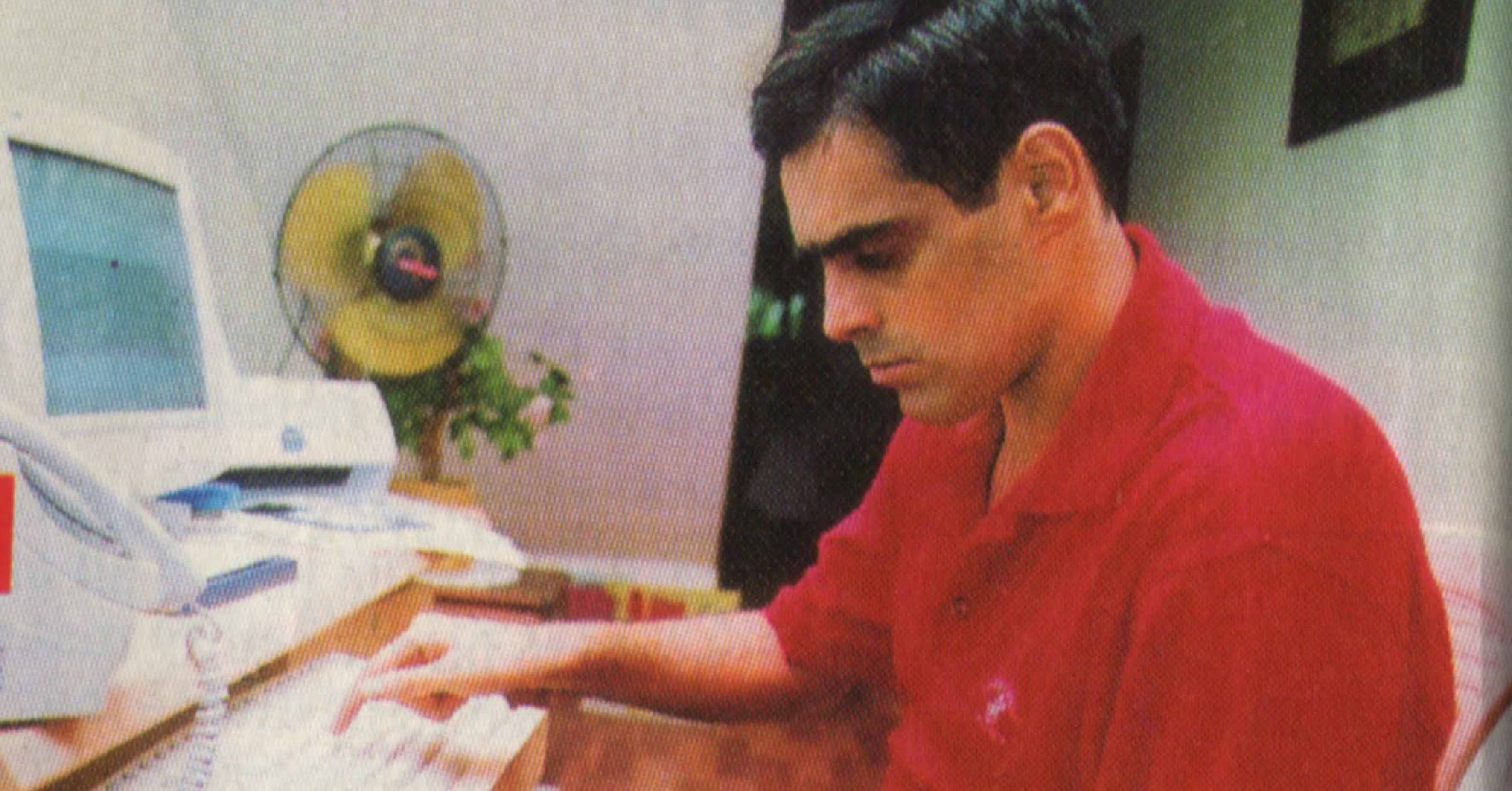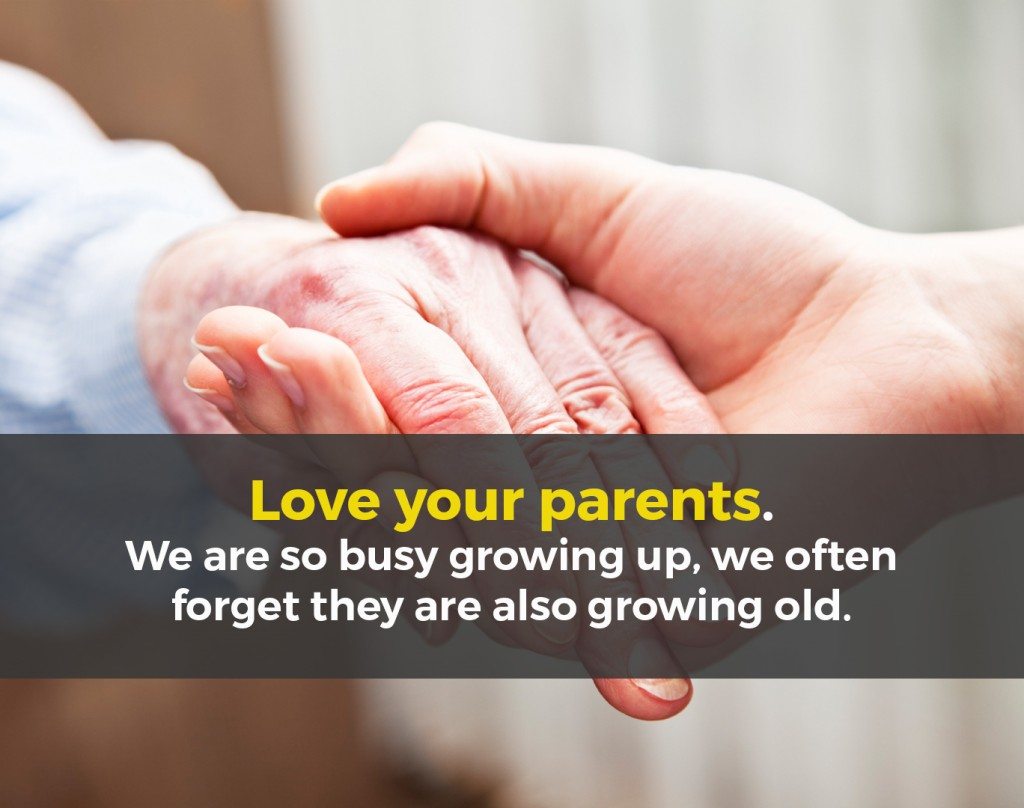It is party-time at Kuldeep’s house. Kuldeep is my cute, little neighbor, a 7-year-old kid got promoted to class 2. In our education system, class 2 is the beginning of the academic ladder. But his achievement is really special and motivates us to see the positive aspects of life. Kuldeep is an autistic child. He was diagnosed at a very early stage. But fortunately, his parents ensured he got the necessary help and targeted treatment, which is now showing results.
While Kuldeep has now managed to move up the academic ladder with support of his family and therapist, all autistic children are not so lucky. They do not get proper treatment at the appropriate time and as a result their condition gets worse. One of the main reasons for this is a lack of awareness among parents about autism. They ignore the delay of child development and think everything will be fine with time. Sometimes many concerned parents adopt a wait-and-watch policy, assuming the symptoms will go away. But to keep waiting is the worst thing to do. It may mean losing valuable time for the child whose best chance of improvement may pass by.
Studies across the World are reporting that more children than ever before are being diagnosed with autism. Over the past decade or so, studies worldwide have estimated an increase between 50% to over 2,000% in cases of autism.
However, there are no specific community-linked studies on the prevalence or incidence of autism or autism spectrum disorders in India.
WHAT IS AUTISM?
Autism is a developmental disorder. Experts believe that it occurs due to neurological impairment that has an effect on normal brain function, affecting mainly the development of the person’s communication and social interaction skills.
WHAT ARE THE WARNING SIGNS OF AUTISM?
Some of the warning signs include, if a child is
- Facing difficulty in making eye contact with others.
- Not able to maintain social reciprocal behavior.
- Not responding to his/her name.
- Preferring not to be touched, held, or cuddled.
- Facing difficulty to connect with others, play, or make friends.
- Finding it much harder to understand the feelings of other people.
- Disinterested or unaware of other people or what’s going on around him.
- Showing certain weird and repetitive behavior like hand flapping, head banging, spinning objects etc.
- Showing resistance to any major (and many minor) changes to daily activities.
- Reacting unusually to sight, smell, textures, and sound.
- Having language and speech difficulties like repeating the same words or phrases over and over, referring to themselves in the third person, as well as responding to a question by repeating it, rather than answering it etc.
- Facing difficulty understanding simple directions, statements, or questions.
- Having difficulty communicating his needs or desires.
HOW TO DEAL WITH AUTISM?
Sometimes people, especially parents, get autism confused with speech disorders. In speech disorders, a child lacks only language and speech skills but he can interact with others by other means. In India, there seems to be a misdiagnosis of autism.
A study conducted by Srinivasan Venkatesan, looked at 154 children under the age of 8 in Mysore, Karnataka, who had been diagnosed with autism. Venkatesan observed each child and took the aid of several diagnostic tools, including the Autism Behavior Checklist for Disability Estimation, to determine whether the children met the criteria for autism. However, what DR. Venkatesan found is that, only 30 of the children — less than 20 percent — met the criteria for autism. One possible explanation for this misunderstanding is a hurried diagnostic process.
Diagnosing autism is a very important thing. Concerned parents should seek help from a therapist or psychologist for correct diagnosis. Speech and language therapists play important roles in treatment of autism and can help out an autistic child in expressing his needs and desires. The other area of treatment is sensory integration therapy or occupational therapy to achieve a balance in sensation of a child. Normally autistic children have dysfunctional sensory system. Also, special education teachers who specialize in autism can help affected students adapt and learn lessons.
Of course, there is no 100% cure for autism, but Dr. Eric Hollander, while speaking to Medscape, calls it an exciting time for research related to autism. He says, “I think there is a lot of exciting work coming out on genetic findings. Mt. Sinai and the Seaver Center have started to actually see specific genes that may play a role in autism. It’s clear that there’s no single gene, but it may be that if you have a few of these different genes interacting together, you’re going to be at high risk for getting the syndrome. Each of the genes may code for the different symptom domains that need to come together to get the full syndrome”.
Finally, the point of this article is to convey that early intervention using skills-training and behavior modification can yield excellent results.
An autistic child needs our love, support and patience for the betterment of their life. Let us accept them as they are and view autism as a different ability rather than disability.
Do you know a child with autism? It can be scary and tiring at times, but don’t worry, there is help out there. Autism is not a problem to be handled, it is just a situation to be dealt with. Seek advice and support immediately from YourDOST – your trusted online, emotional wellness coach!




